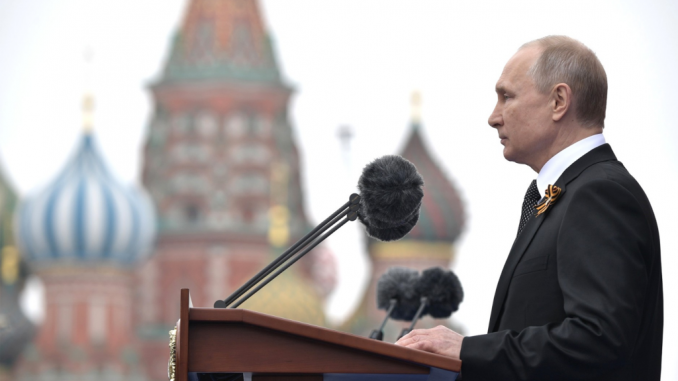
Digital Maskirovka: Russia and disinformation on the Internet
The term maskirovka (маскировка), used by Russians for centuries - it was codified as a military doctrine for the first time in 1920 - to refer to military operations of deception or deception, of disinformation, in short, could well be rescued to describe part of the information warfare actions that Russia carries out on the Internet. After all, although it originally had a tactical meaning, focused on battle, since the 70s it has also been used at theater and strategic levels to to deceive the enemy regarding Russian political and military capabilities or to camouflage their true intentions, thus multiplying the opponent's dilemmas and generating what Clausewitz called "fog." Of course, and after accumulating decades of experience and doctrinal development, Russian disinformation actions today go far beyond the original meaning of maskirovka, but [Keep reading…]

